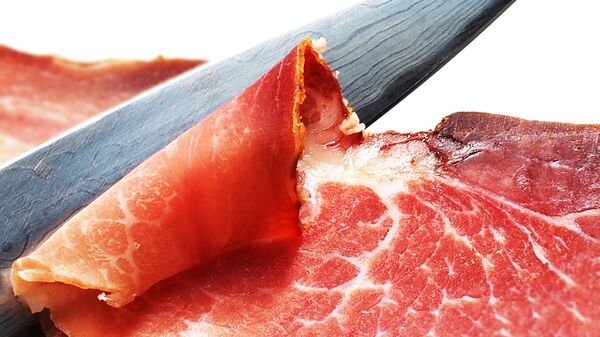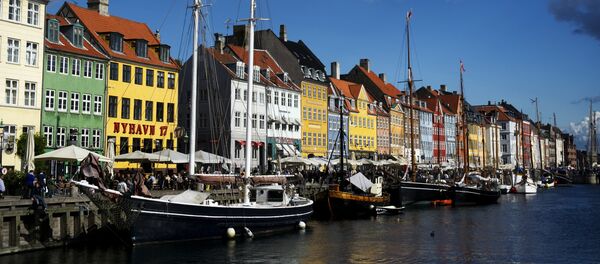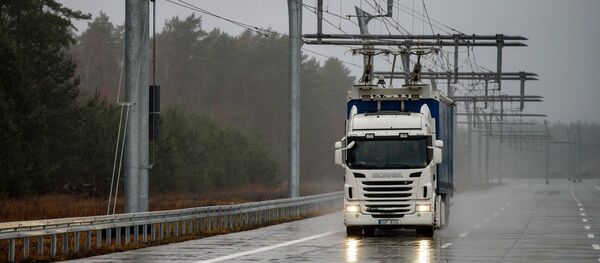Preben Vestergaard Hansen, a doctoral candidate in human nutrition from Metropolitan University College, explained to Danish Radio what three details aroused researchers' suspicion.
"According to new official dietary guidelines, we need to cut down on fatty meat and red meat, and this applies to all meats from four-legged animals, including pork. This concerns both fried and cooked meat," Hansen told Danish Radio.
"Blood in the meat is the first probable culprit, as iron (hemoglobin) carries oxygen around the body and is suspected to influence the development of cancer. Basically, we know that red meat is associated with an increased risk of colorectal cancer, but the link has never been established with certainty," Hansen explained.
According to the reports, a daily intake of above 50 grams a day leads to an increased risk of developing cancer. This amounts to approximately three slices of bacon or one slice of ham, which is not much, considering that Danes consume up to 100 kg of meat per year. Despite the lack of conclusive evidence, the Danish food authorities are discouraging their fellow Danes from eating processed meat if possible. However, there are indications that other lifestyle-related causes such as lack of activity, alcohol and smoking must be taken into account to understand the whole picture.
Cancer is the leading cause of death in Denmark, which is fighting to save more patients. Recently, it became technically possible to detect the disease long before a tumor appears. The method, devised by molecular biologist and associate professor Lise Lotte Hansen from the Department of Biomedicine at the University of Aarhus, detects cancer through so-called epigenetic changes at the cellular level, Danish Radio reported.
Director of the Cancer Society Leif Vestergaard Pedersen lauded the proposed measures as "a breakthrough in Denmark's thinking."
"It is a clear recognition that tobacco is the most important preventable health problem in Denmark. There are no more dangerous legal drugs than tobacco, which people voluntarily expose themselves to," Pedersen told the newspaper Politiken.





